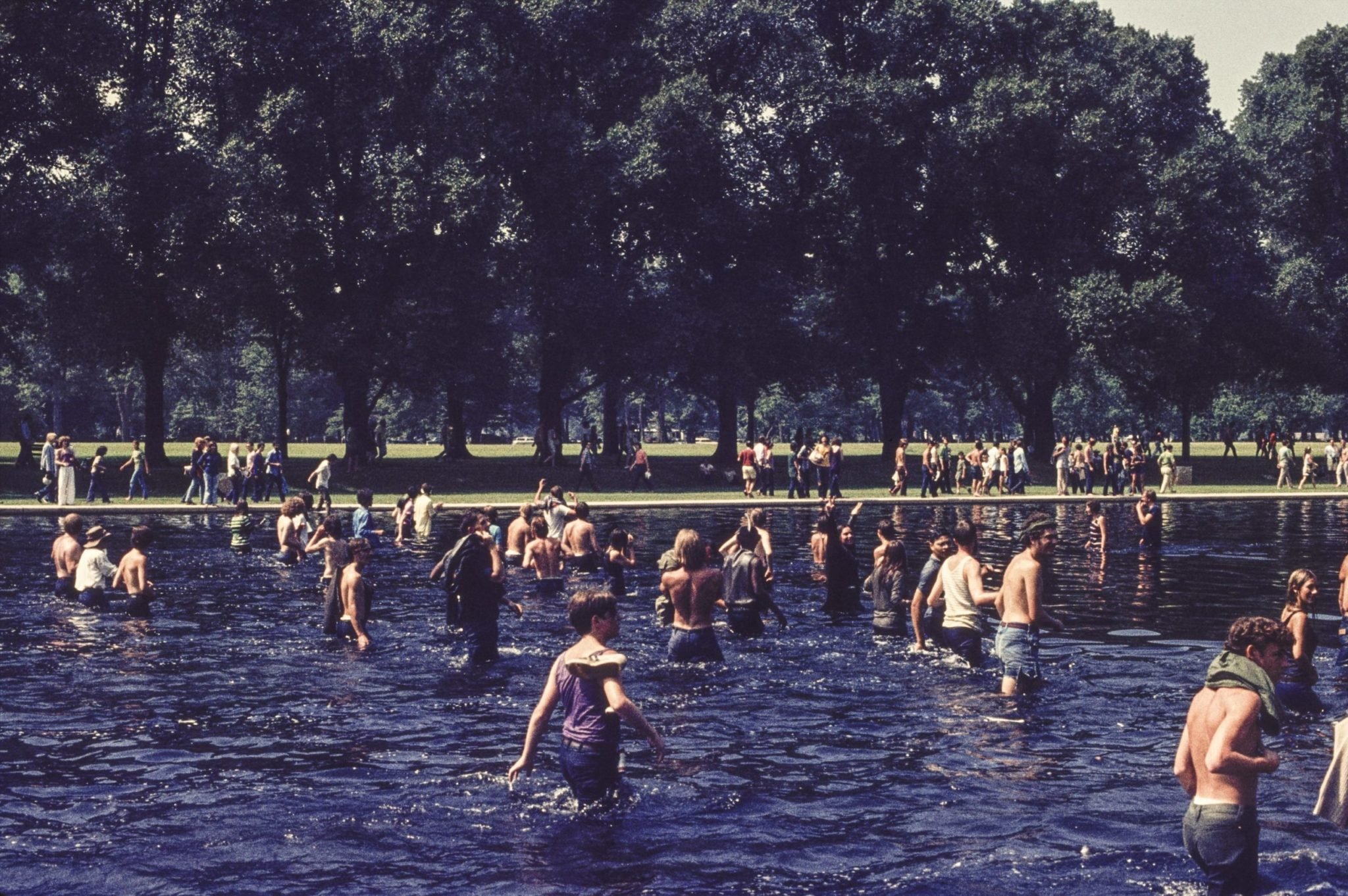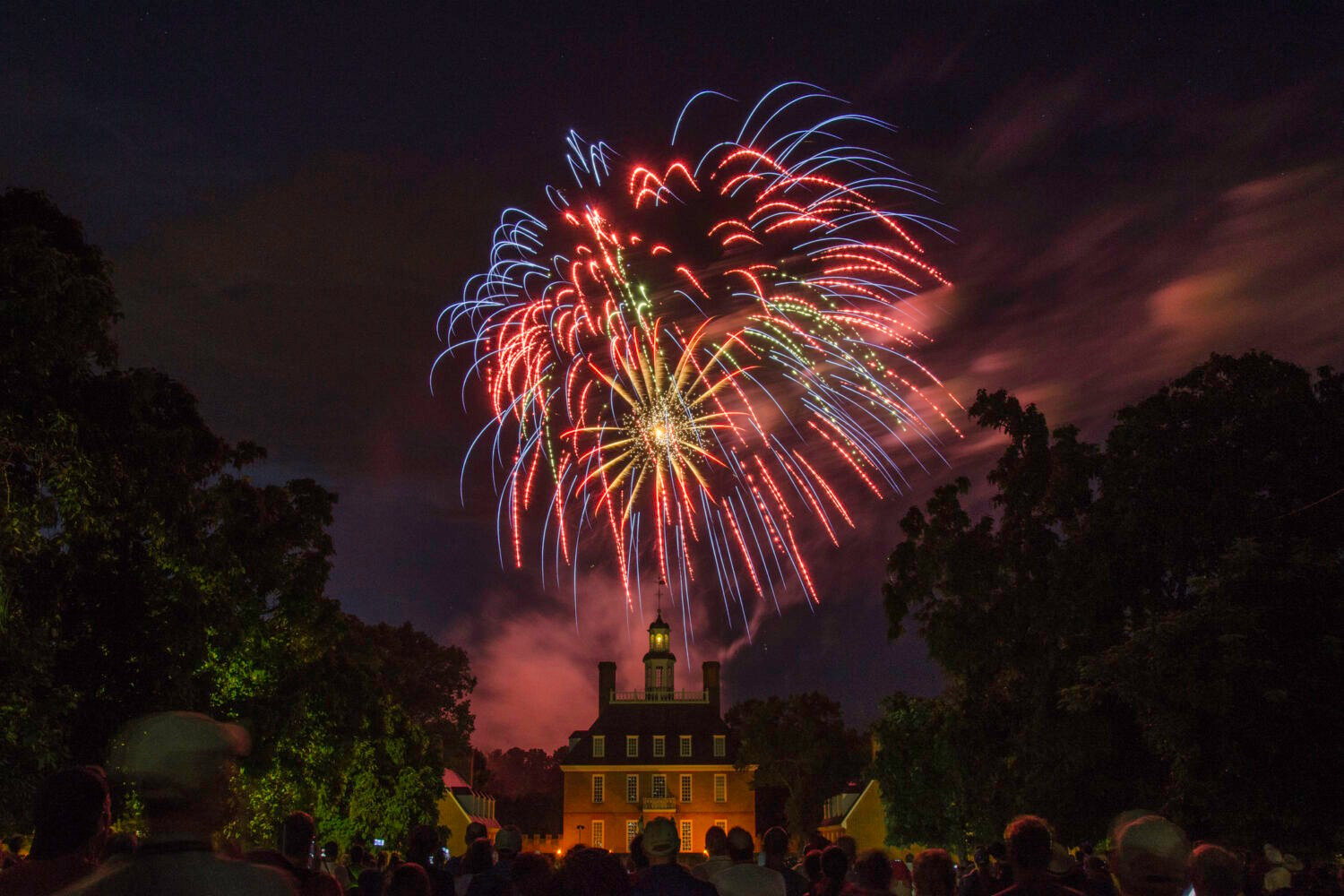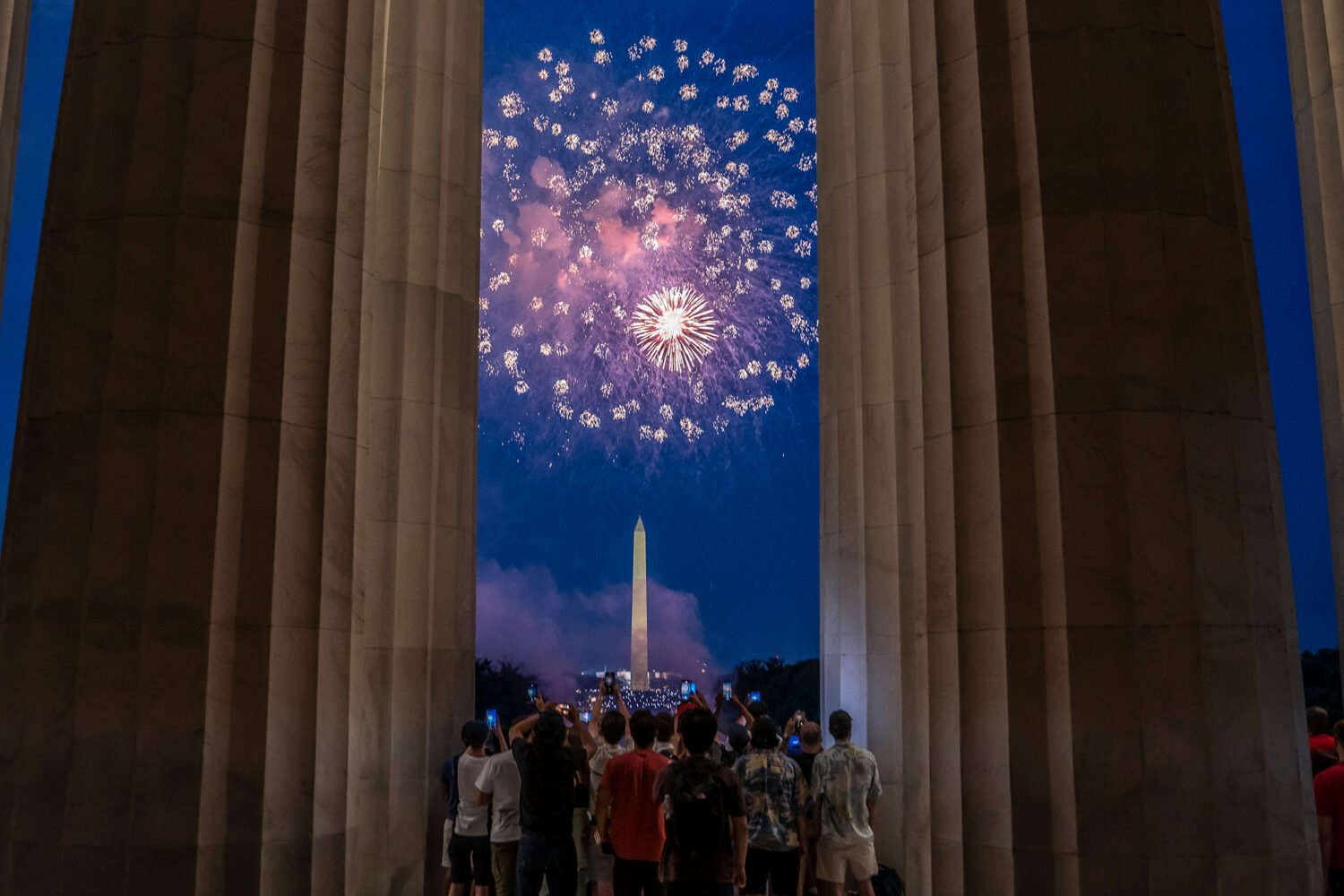July 4, 1970, was ostensibly a day when America’s deep divides over the Vietnam War, civil rights, and the sexual revolution could be swept away in a massive “Honor America Day” rally on the Mall. But as William Greider and John Hanrahan reported for the Washington Post the next day, “Against all the official intentions, the events of the day demonstrated not just the principles and faith that unite millions and millions of Americans, but also the deep differences that divide them from the dissenters.”
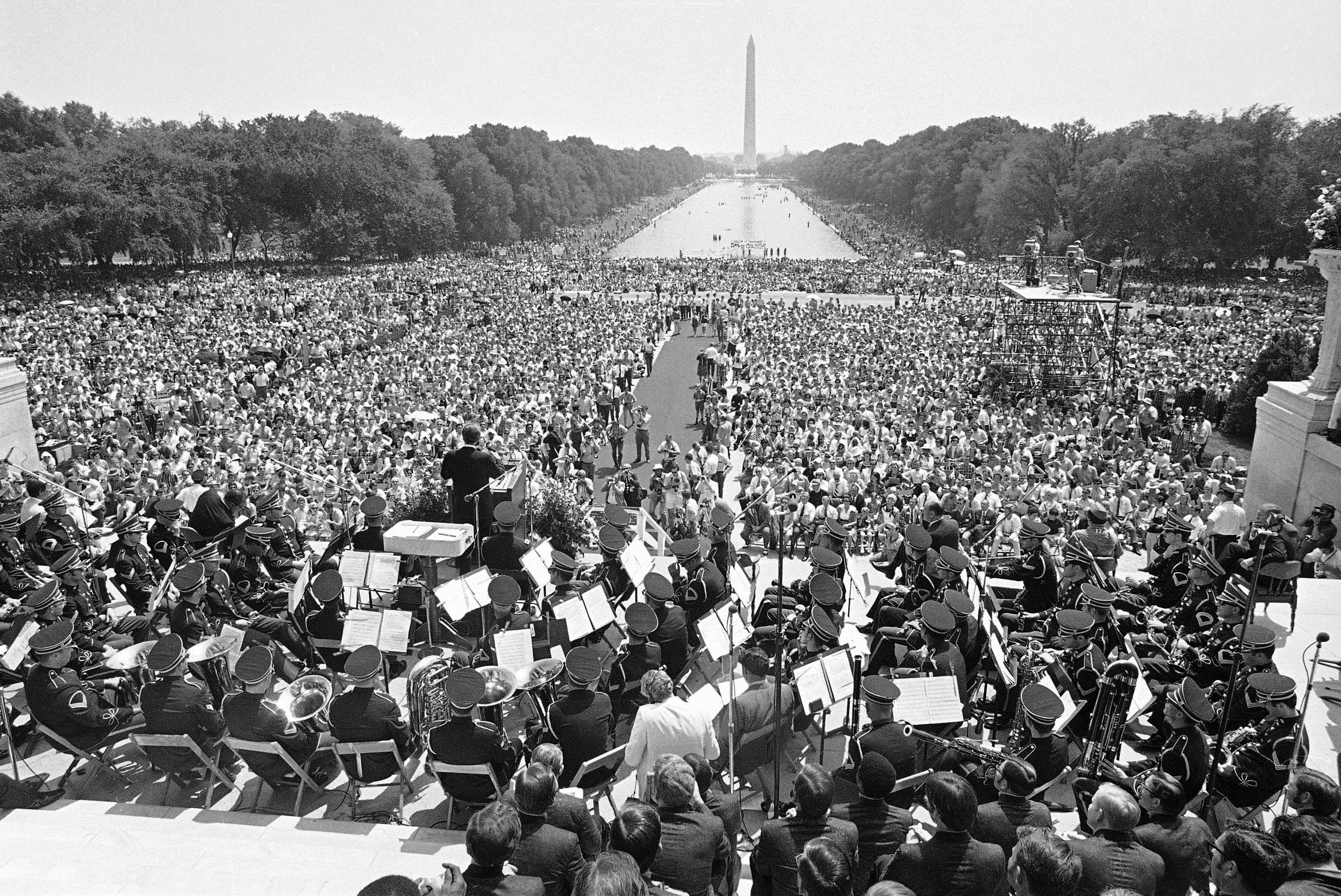
The problem was that for all its talk of healing divisions, Honor America Day was essentially a rally for President Nixon’s supporters. The Nixon White House sent “advance teams across the country to bring 350,000 members of Nixon’s Silent Majority to the capital by car, train and bus,” the historian Kevin Kruse writes. Events quickly developed into a splitscreen: Billy Graham urged Americans to reaffirm their faith in their institutions and Kate Smith sang “God Bless America.” Meanwhile, the National Socialist White People’s Party held its second day of demonstrations, and hippies bathed in the Reflecting Pool, chanting “Fuck the pigs!” and “Free Bobby Seale!” and flying Viet Cong flags.
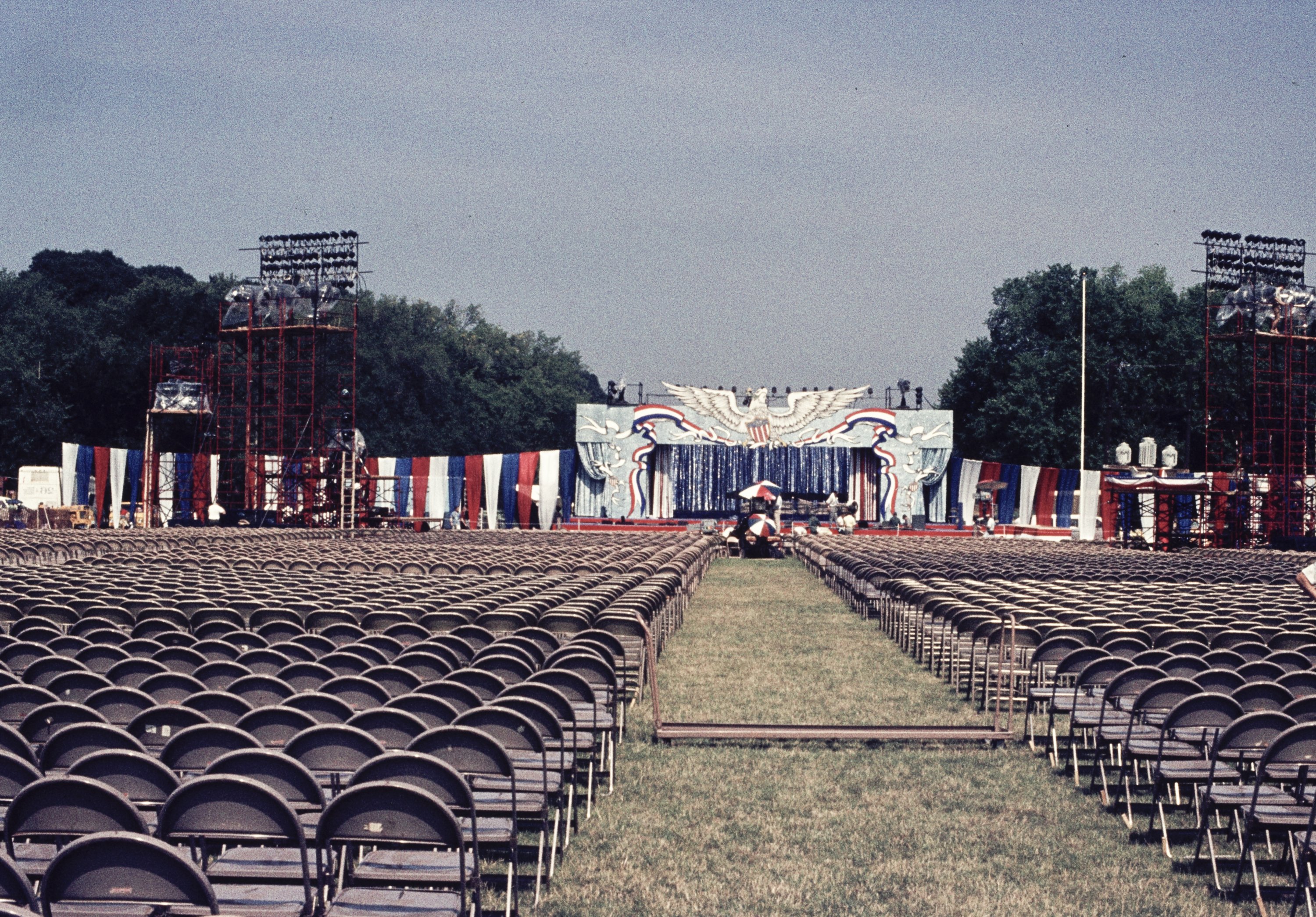
The only time they and the squares were on the same page was at the end of the morning service, which was marked by a “thundering cascade of aerial rockets over the Lincoln Memorial,” Greider and Hanrahan reported: “While the Honor America crowd cheered, the startled hippies wading in the Reflecting Pool paused in awe, then cheered, not sure at first whether the noise was fireworks or enemy fire.”
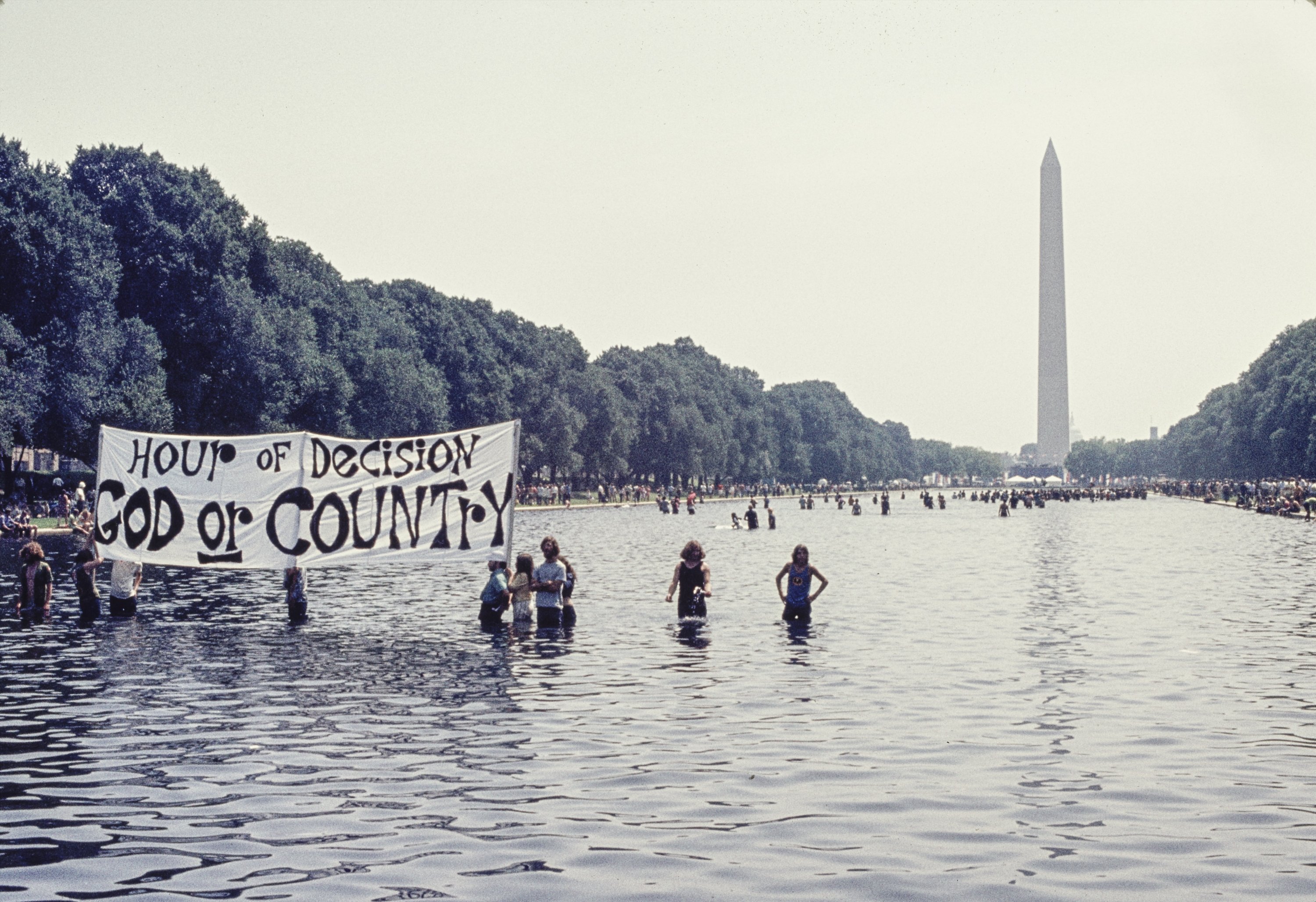
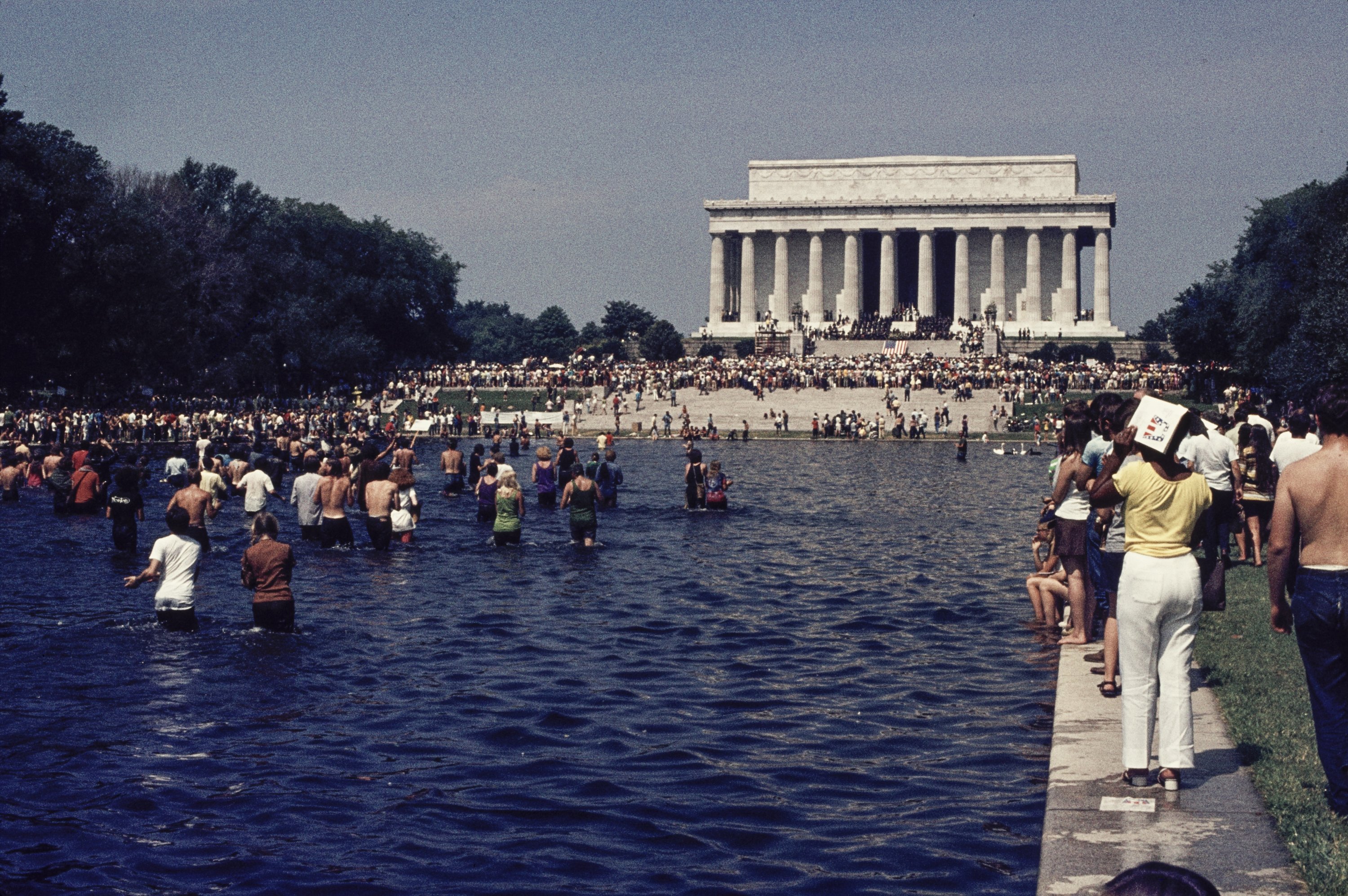
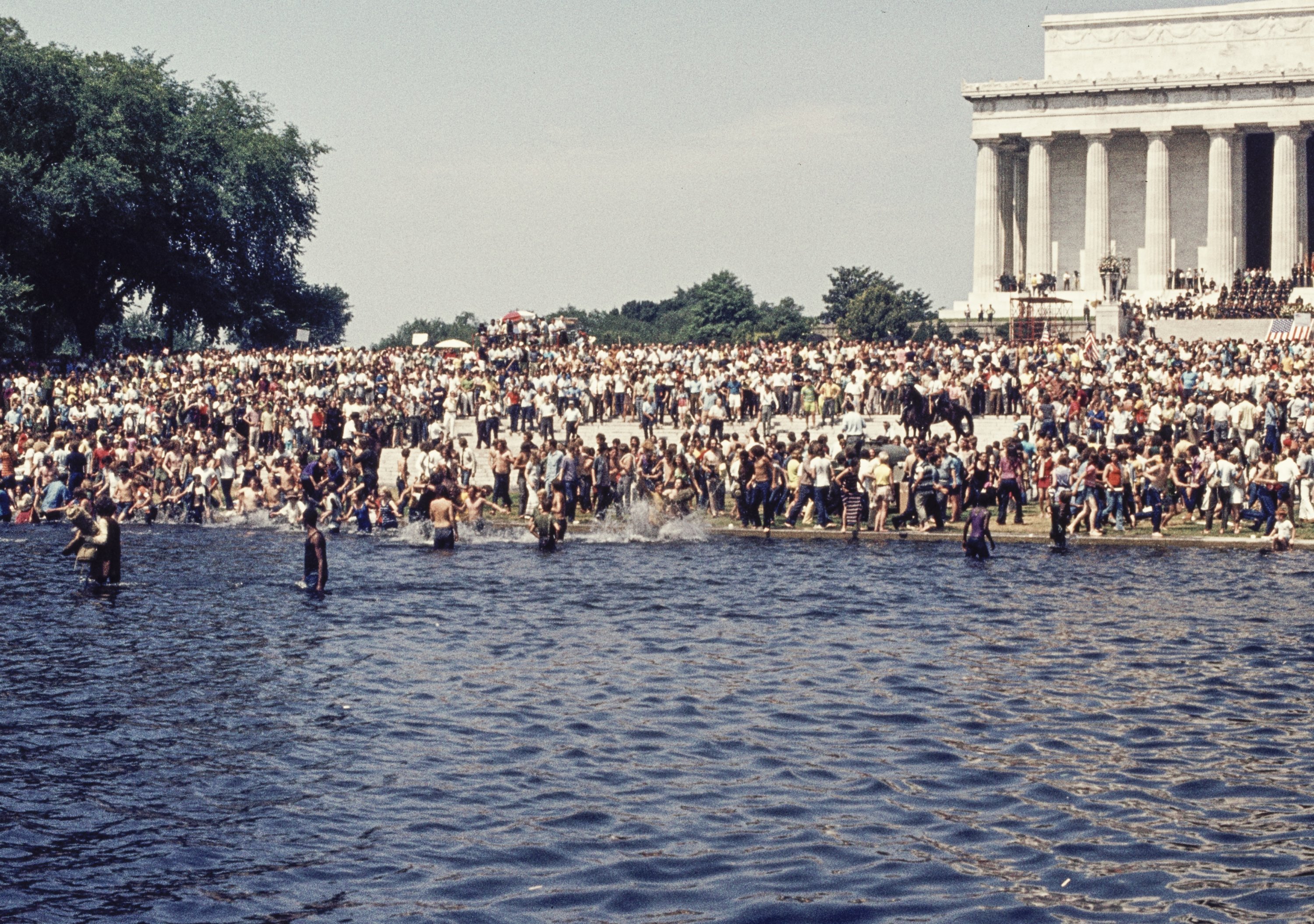
Someone (accounts differ on whether it was police or dissidents) fired tear gas into the protesters just as headliner Bob Hope was about to go on. “It looks like Vietnam, doesn’t it?” Hope joked. Honor America rallyers blocked TV cameras aimed at the chaos in the Reflecting Pool. Someone drove a pickup truck into the water, and several protesters raided concession stands. People handed out red, white, and blue rolling papers—a previously announced “smoke-in” merged seamlessly with the protests. “If we destroyed one of their rock festivals, I wonder how they would feel,” complained Mary Ellen Fredo of Takoma Park.
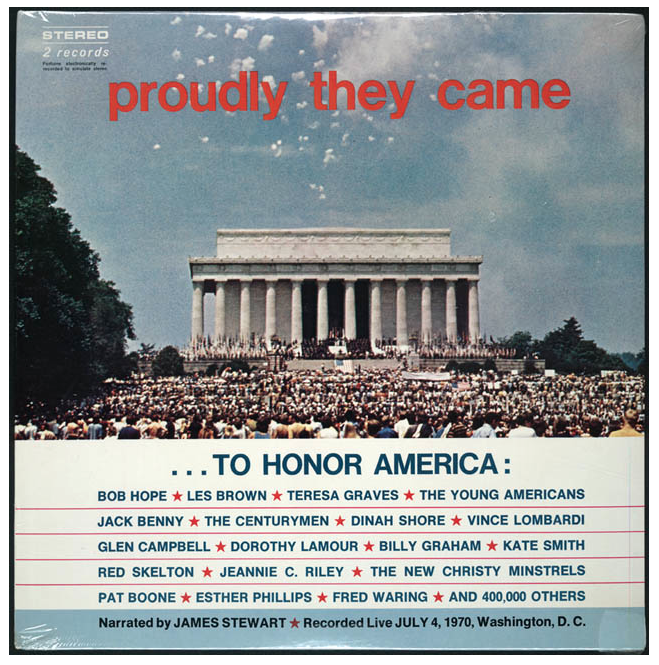
President Nixon was in California, so he gave a prerecorded address instead. America, the President said, was a “symbol of progress, of hope, and of just and orderly growth.” Maybe that was true where he was.
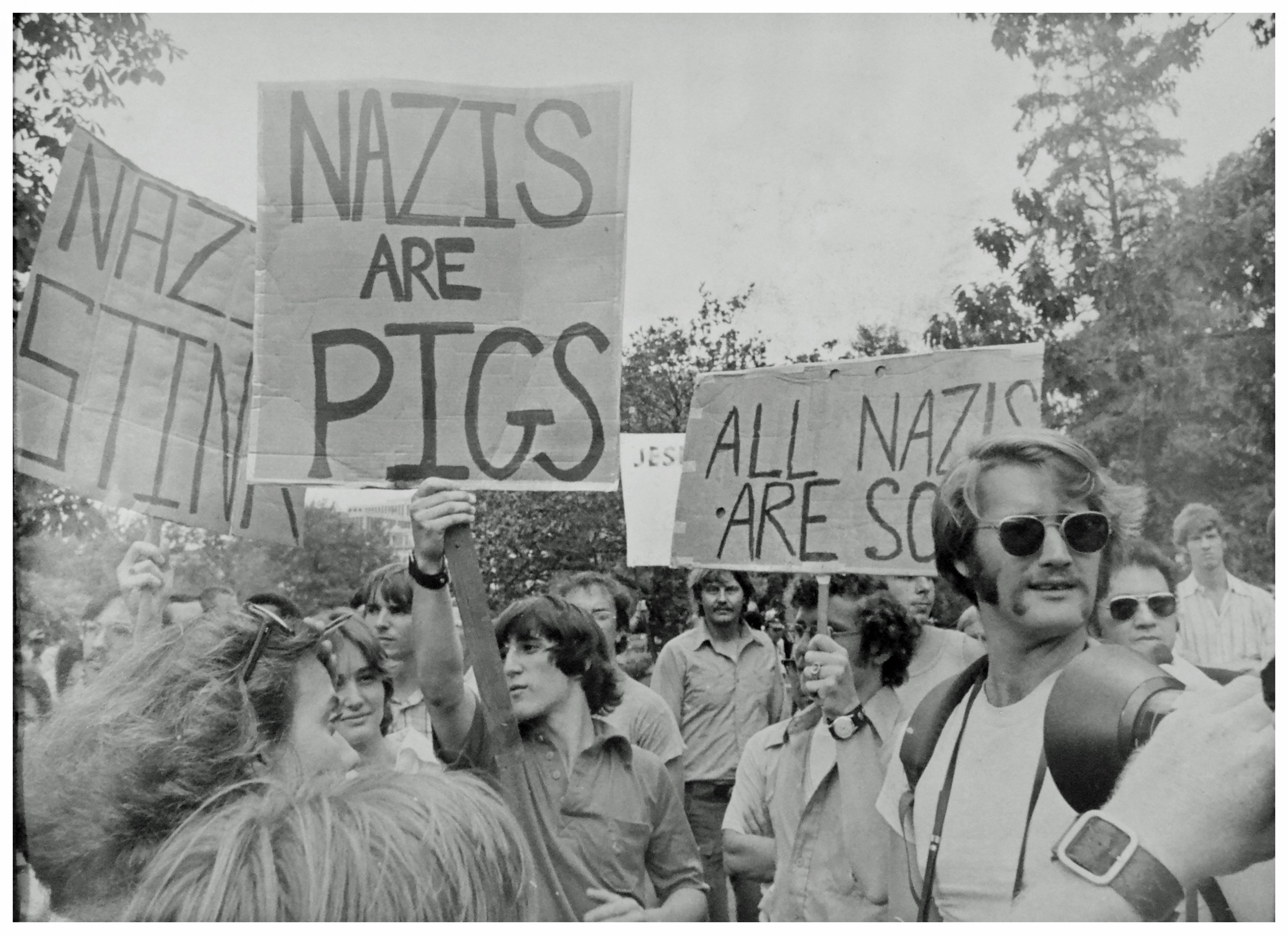
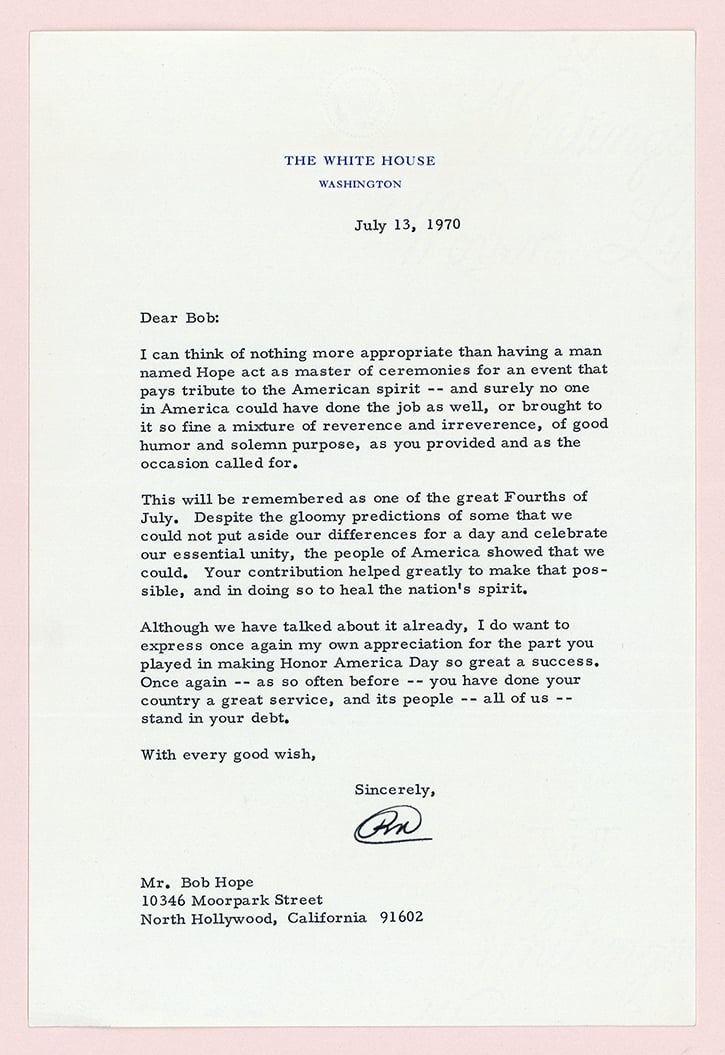
Photo research by Lauren Bulbin; text by Andrew Beaujon.

